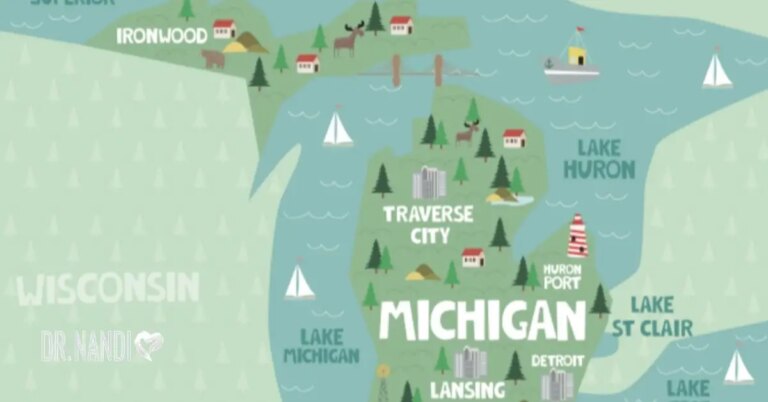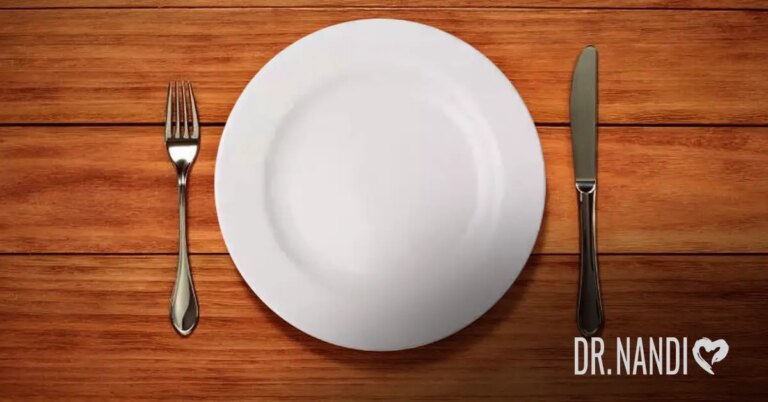Arthur Brooks, a Harvard professor, recently wrote an article reflecting on the nature of happiness. It’s hard, he says, for people to stay happy. Biologically, we are programmed to be in competition with each other, since the people who are doing best are (theoretically) the ones to pass on their dreams. Psychologists Phillip Brickman and Donald Campbell explained this phenomenon as the “hedonic treadmill.” Our society, our lived experiences, and our biology “condemns men to live on a hedonic treadmill, to seek new levels of stimulation merely to maintain old levels of subjective pleasure, to never achieve any kind of permanent happiness or satisfaction.” But, for Brooks, that isn’t the end of the story. (1)
Why is Happiness Evolutionarily Bad?
It seems unfair that we are naturally programmed to be unhappy. Brooks agrees. “Our natural state is dissatisfaction, punctuated by brief moments of satisfaction,” he says. “You might not like the hedonic treadmill, but Mother Nature thinks it’s pretty great. She likes watching you strive to achieve an elusive goal because strivers get the goods—even if they don’t enjoy them for long . . . Neurobiological instinct—which we experience as dissatisfaction—is what drives us forward.” (1)
I Still Don’t Get Why Happiness Can’t Easily Go With Success
If you’re a fan of musical theater, all you have to do is look at Broadway smash hit, Hamilton. Alexander Hamilton, the founding father, has a problem. He writes more and more and more and sets higher and higher goals for himself. “Look around,” his wife begs him. “Isn’t this enough?” As he ignores her question, she asks, “what would be enough to be satisfied?” His sister-in-law (and emotional affair partner – Hamilton had a tumultuous life) is the one who answers. In fact, she even had a full song about it earlier: “he will never be satisfied.”
She’s right. Hamilton’s drive to accomplish, his refusal to ever be satisfied, is ongoing. It leads him to find America’s banking system. It also leads him to cheat on his wife as well as get shot. He’s succeeded, but it’s not a happy ending. (2)
Is Being Unsuccessful the Key To Happiness?
Maybe this explains everything to you. Or, at the very least, it makes the trajectory of ideas a bit clearer. But, what next? It can feel like that if success creates unhappiness then maybe we should give up on success entirely. There’s only one problem with that: in today’s world, much of our view of success is tied to our earning potential. “As for money, more of it helps up to a point,” says Brooks. “it can buy things and services that relieve the problems of poverty, which are sources of unhappiness.” So, running away from traditional ideas of success, trying to retreat from materialism entirely – is not going to work. (1)

So, What’s The Key To Happiness?
When discussing this with his daughter, Brooks was struck by her defeated statement. “So what you’re saying is that the secret to satisfaction is simple,” she told him. “I just have to go against several million years of evolutionary biology and I’ll be all set.”
He wanted to give her a better answer than that. So, he suggested, maybe they should look at what the world was telling them would make them happy – and do the opposite. (1)
Happiness and the Reverse Bucket List
Before looking at what actually makes up a reverse bucket list, it’s important to look at what sort of items dominate a traditional bucket list.
According to Brooks, “many self-help guides suggest making a bucket list on your birthday, so as to reinforce your worldly aspirations. Making a list of the things you want is temporarily satisfying,” he explains. “It stimulates dopamine. But it creates attachments, which in turn create dissatisfaction as they grow.” (1)
Why A Traditional Bucket List Won’t Bring You Happiness
St. Thomas Aquinas made a list of “goals that beguile but never satisfy . . . they include money, power, pleasure, and honor.” Nothing is necessarily wrong with any of the things on that list. The problem is in your mindset. Brooks says that “as attachments—as ends instead of means—the problem is simple: They cannot satisfy.” So, it is not just the dissatisfaction of having attachments to too many things. Even if you made the world’s biggest bucket list and achieved every goal on it, it wouldn’t make you happy. (1)
How To Improve Happiness With A Reverse Bucket List
The first step, which Brooks does every year, is to list the things he wants and the material attachments he has. Brooks makes sure the things on his list match up with the beguiling goals listed by Thomas Aquinas. Then, he thinks five years into the future and imagines what a life filled with happiness would look like. After, Brooks says, “I make another list of the forces that would bring me this happiness: my faith, my family, my friendships, the work I am doing that is inherently satisfying and meaningful and that serves others.” (1)

Looking At The Lists To Find Happiness
When he compares them, he notices the things on the first list are extrinsic things or things that give external rewards, like honor, money, pleasure, and power. However, the things on the second list are intrinsic – the rewards that come from inside and deal with intangibles like love, purpose, and family.
Then, he looks at the costs of each list – not in money, but in time and emotional resources. Is the time it would take to earn a big promotion worth time away from family? With those things in mind, he looks over his original bucket list again. Brooks looks at each item and acknowledges there’s nothing wrong with those wants, but that they won’t contribute to the goals on the reverse bucket list – they won’t bring intrinsic value.
How To Get The Happiness from Intrinsic Goals
Sometimes, it can be hard to build our well of intrinsic happiness. Maybe our lifestyle needs some adjustment, maybe we’re dealing with physical health struggles, or maybe our mental health is at an all-time low. That’s why Dr. Partha Nandi’s newsletter covers mental health, lifestyle, and gut health. Dr. Nandi is here to support your journey to happiness, and you can get started by signing up for his popular newsletter.
Sources
- https://www.theatlantic.com/magazine/archive/2022/03/why-we-are-never-satisfied-happiness/621304/?utm_source=newsletter&utm_medium=email&utm_campaign=atlantic-daily-newsletter&utm_content=20220208&utm_term=The%20Atlantic%20Daily
- https://www.azlyrics.com/lyrics/linmanuelmiranda/nonstop.html





















